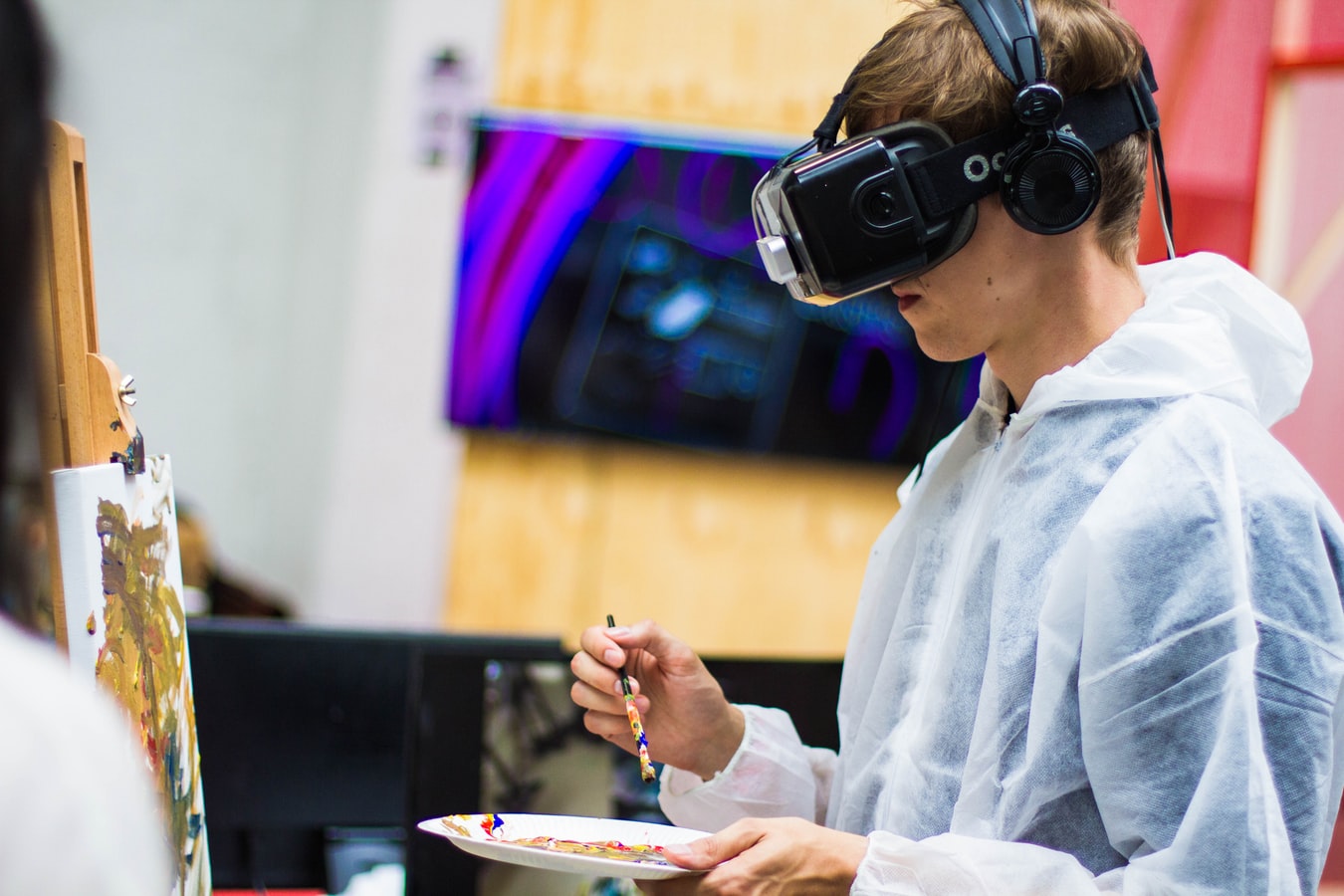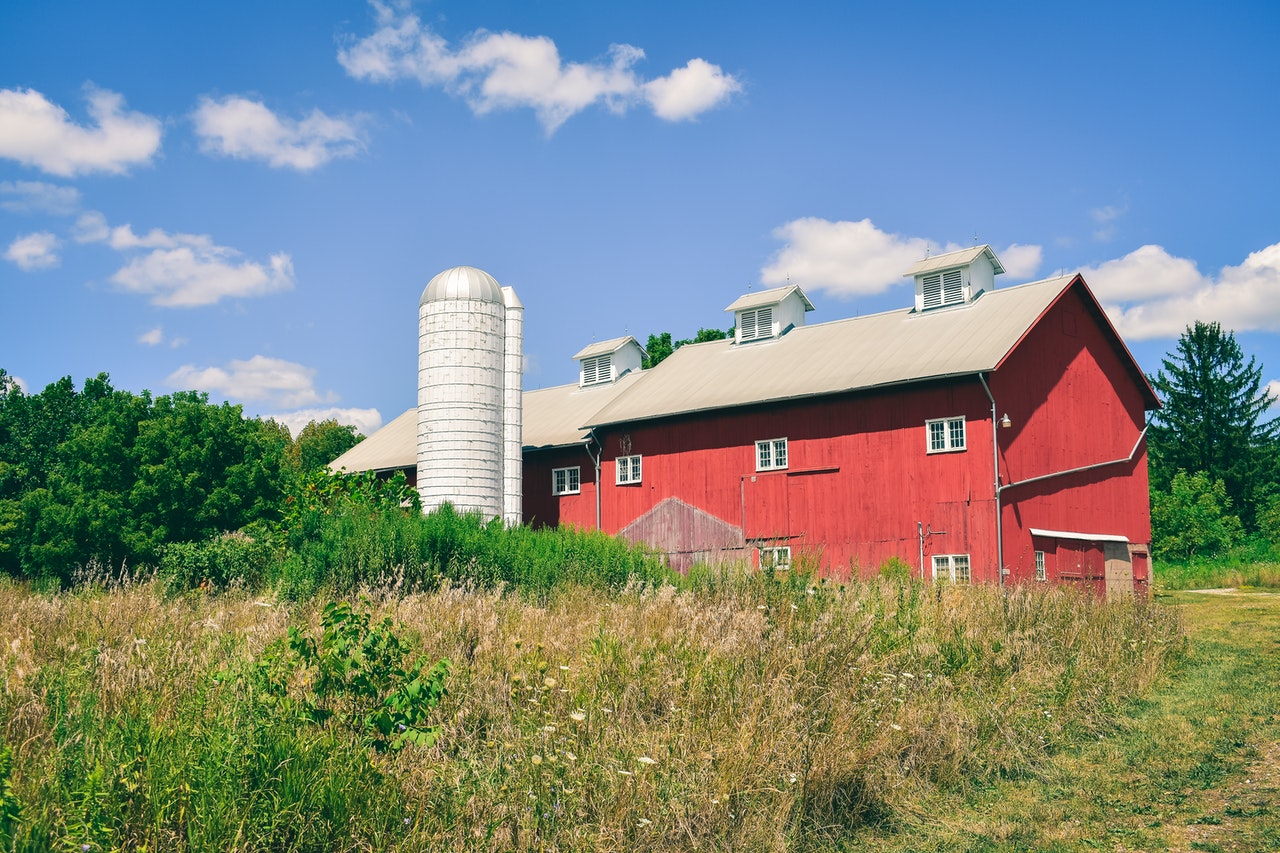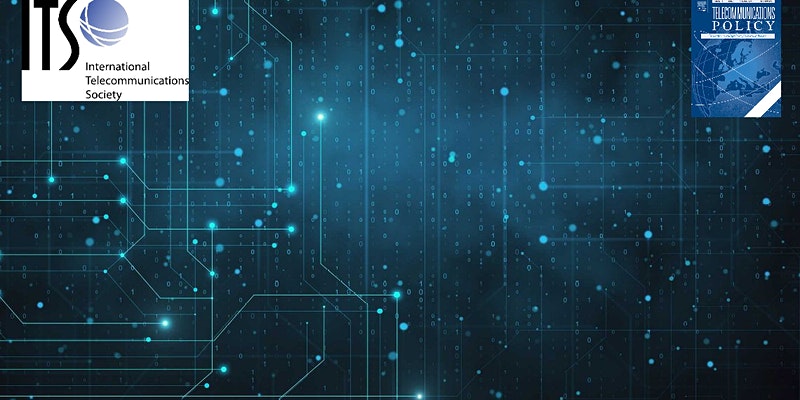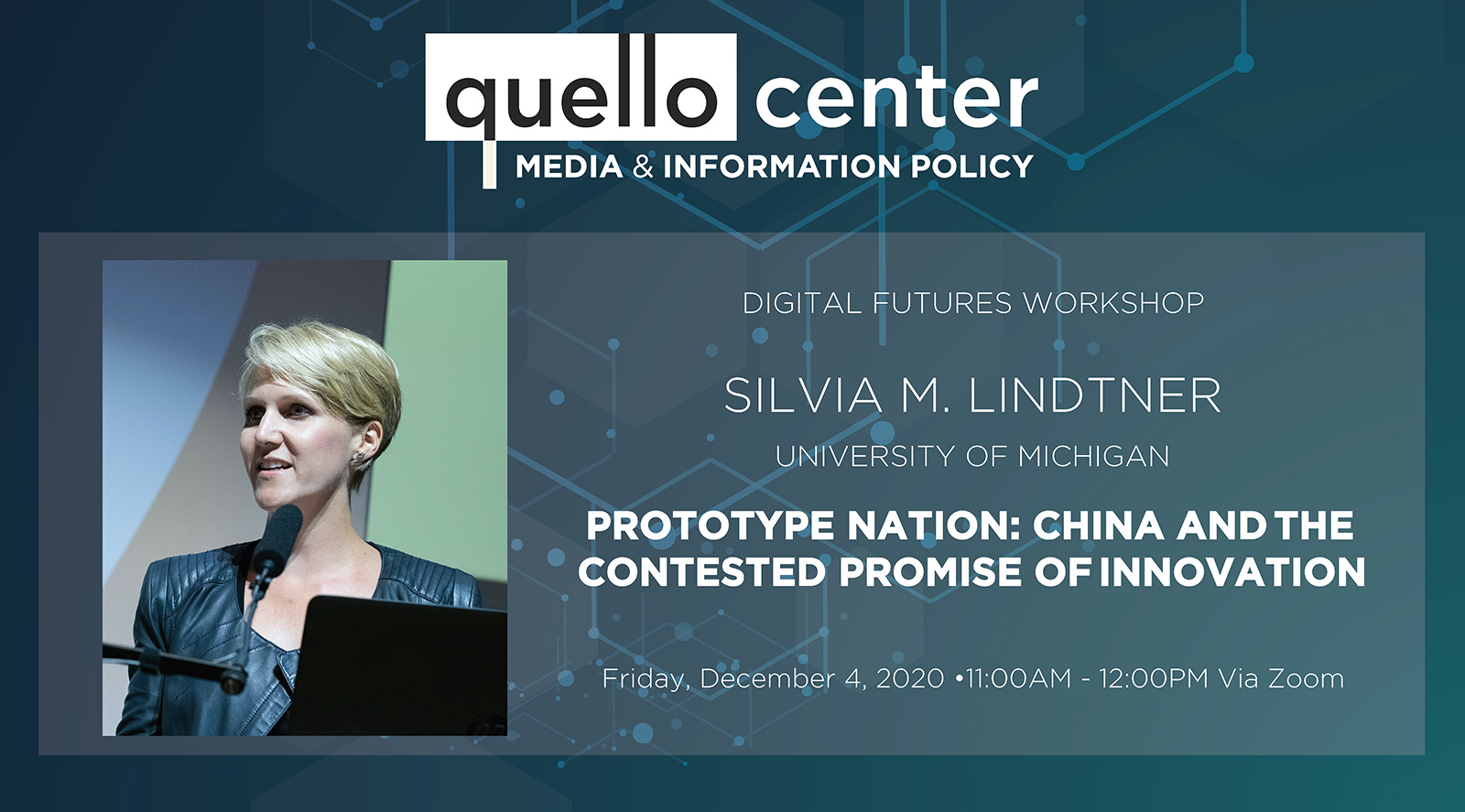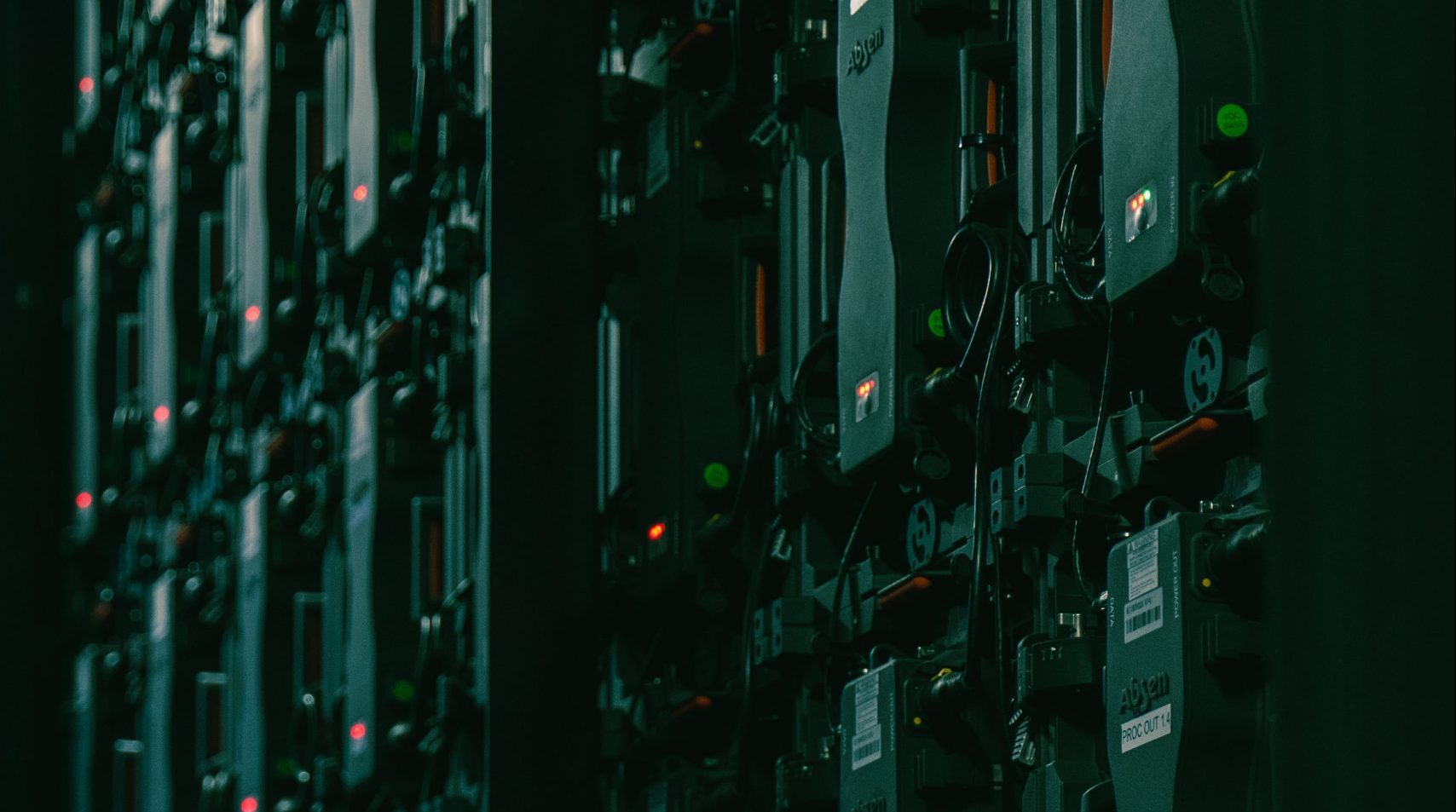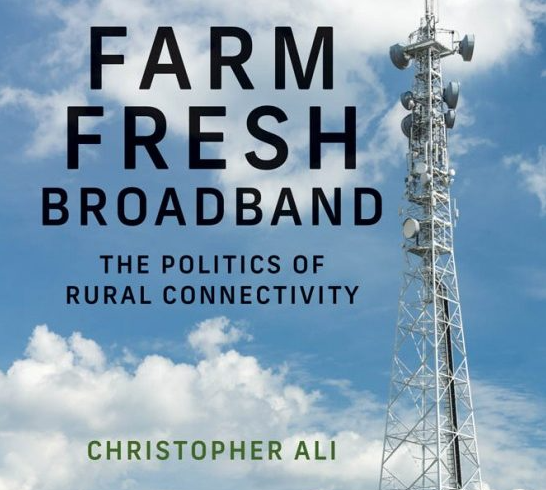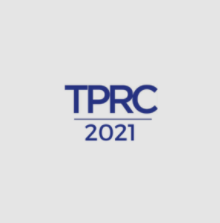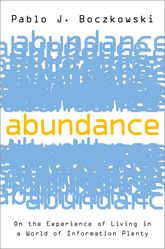Citizen Interaction Design and Its Implications for HCI – a talk by Cliff Lampe, UM
Hybrid-Com Arts Room 191 and Via Zoom 404 Wilson Rd, Room 191, East Lansing, MI, United StatesFriday, September 13, 2019, 11:00 AM-12:30 PM, Room 191 ComArtSci Abstract: In this talk, he will describe the Citizen Interaction Design program, which partners with Michigan cities to conduct user experience research projects, connects students to information problems in civic contexts, and implements civic technology for a broad range of civic problems. Dr. Lampe will discuss the structure of this program, several projects that have been done in cities like Jackson, Detroit and Lansing, as well as the pedagogical outcomes of the work. Finally, he will connect this program to HCI research more broadly, and discuss next stages of this […]









